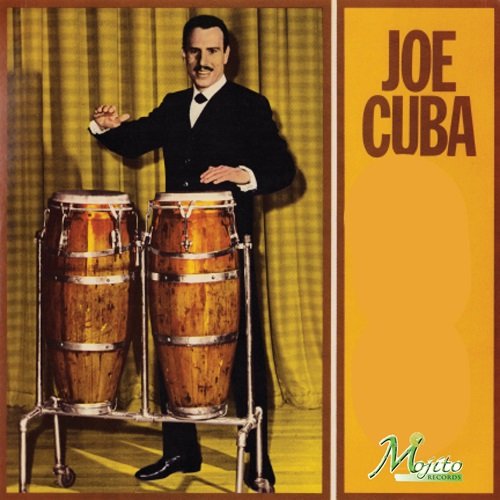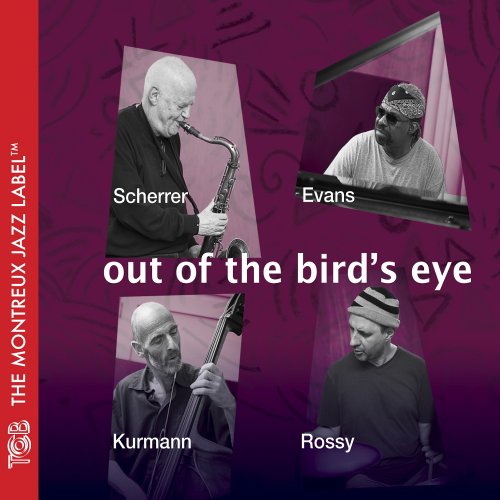Vladimir Ashkenazy - Shostakovich: Solo Piano Works (2000)
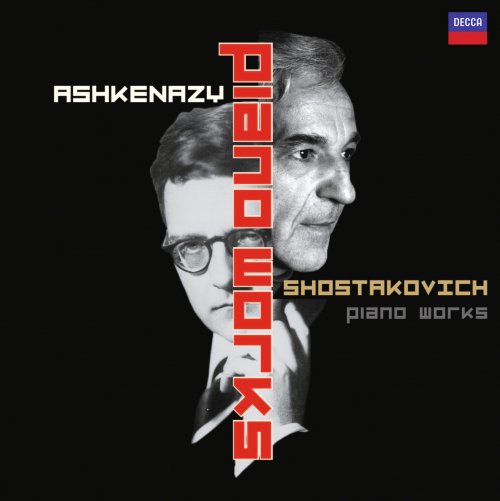
Artist: Vladimir Ashkenazy
Title: Shostakovich: Solo Piano Works
Year Of Release: 2000
Label: Decca Music Group Ltd.
Genre: Classical
Quality: flac lossless (tracks)
Total Time: 01:01:39
Total Size: 165 mb
WebSite: Album Preview
TracklistTitle: Shostakovich: Solo Piano Works
Year Of Release: 2000
Label: Decca Music Group Ltd.
Genre: Classical
Quality: flac lossless (tracks)
Total Time: 01:01:39
Total Size: 165 mb
WebSite: Album Preview
01. Piano Sonata No. 2 Op. 61: 1. Allegretto
02. Piano Sonata No. 2 Op. 61: 2. Largo
03. Piano Sonata No. 2 Op. 61: 3. Moderato (con moto)
04. Three Fantastic Dances, Op. 5: 1. Allegretto
05. Three Fantastic Dances, Op. 5: 2. Andantino. Allegretto
06. Three Fantastic Dances, Op. 5: 3. Allegretto
07. Five Preludes: 1. Allegro moderato e'scherzando
08. Five Preludes: 2. Andante
09. Five Preludes: 3. Allegro moderato
10. Five Preludes: 4. Moderato
11. Five Preludes: 5. Andantino
12. Dances of the Dolls: Lyric Waltz
13. The Gadfly, Op. 97 - Arr. for piano: Short piece
14. The Gadfly, Op97 - Arr. for piano: Spanish Dance
15. The Limpid Stream, Op. 39: Nocturne (Arr. for Piano)
16. Aphorisms, Op. 13: 1. Recitative
17. Aphorisms, Op. 13: 2. Serenade
18. Aphorisms, Op. 13: 3. Nocturne
19. Aphorisms, Op. 13: 4. Elegy
20. Aphorisms, Op. 13: 5. Marche Funèbre
21. Aphorisms, Op. 13: 6. Etude
22. Aphorisms, Op. 13: 7. Dance of Death
23. Aphorisms, Op. 13: 8. Canon
24. Aphorisms, Op. 13: 9. Legend
25. Aphorisms, Op. 13: 10. Lullaby
26. The Golden Age, Op. 22b: Polka (Arr. for Piano)
A great exponent of Russian piano music, Vladimir Ashkenazy is much admired for his brilliant and insightful recordings of Scriabin, Rachmaninov, Prokofiev, and Shostakovich. Of these composers, Shostakovich poses the least daunting technical challenges, but, arguably, offers the most puzzling enigmas for interpretation. To his credit, Ashkenazy is usually circumspect and sensitive to Shostakovich's mercurial intentions. Where ambiguity holds sway, as in the brittle and unsettled Piano Sonata No. 2, or the quizzical and disturbing Aphorisms, Ashkenazy plays the music precisely and leaves the composer's riddles for the listener to ponder. Alert to the ironic possibilities in this varied body of work, Ashkenazy treads with care and generally avoids certitude. When Shostakovich flirts with parody, as in the grotesquely elegant Fantastic Dances (3) and the Lyric Waltz, there is no need to exaggerate because Shostakovich's mannerisms speak for themselves. Ashkenazy hints at his own attitudes in his subtle timing of phrases, but seldom goes further. Even though Ashkenazy's caution could be misconstrued as ambivalence, his discretion is preferable to broader, more flamboyant approaches. Only in the Polka is Ashkenazy over-indulgent. By treating this sly piece as a flashy encore, he oversteps the boundaries observed in the rest of his program, and closes the disc with a disconcerting bang.
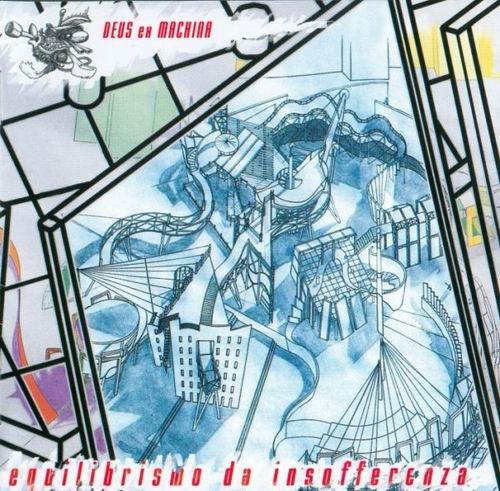
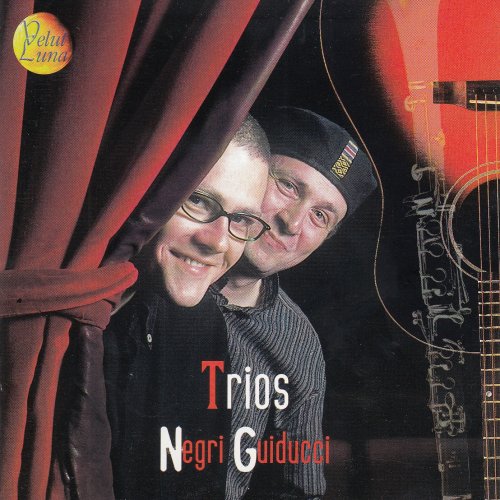
![Elsio Mancuso - The Big Blackout (2026) [Hi-Res] Elsio Mancuso - The Big Blackout (2026) [Hi-Res]](https://img.israbox.com/img/2026-01/29/79ljwzr7jbcfn4lvn4sfq18a5.jpg)

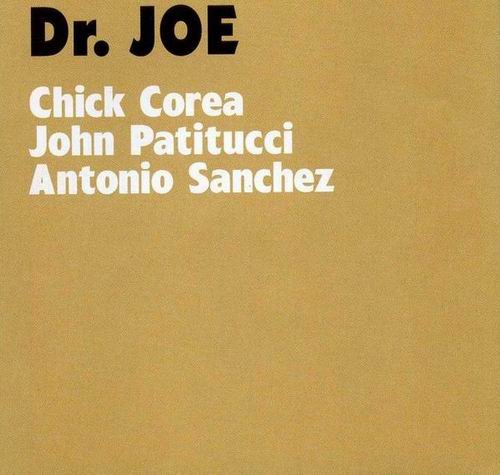
![Andrei Nikolsky - Music For Terminals (2025) [Hi-Res] Andrei Nikolsky - Music For Terminals (2025) [Hi-Res]](https://img.israbox.com/img/2026-01/30/olcqtmnwvigot5ysnst3sj5ta.jpg)
![QOW Trio - The Rule Of Three (2026) [Hi-Res] QOW Trio - The Rule Of Three (2026) [Hi-Res]](https://www.dibpic.com/uploads/posts/2026-01/1769760629_ayvs3siwyt6hc_600.jpg)
